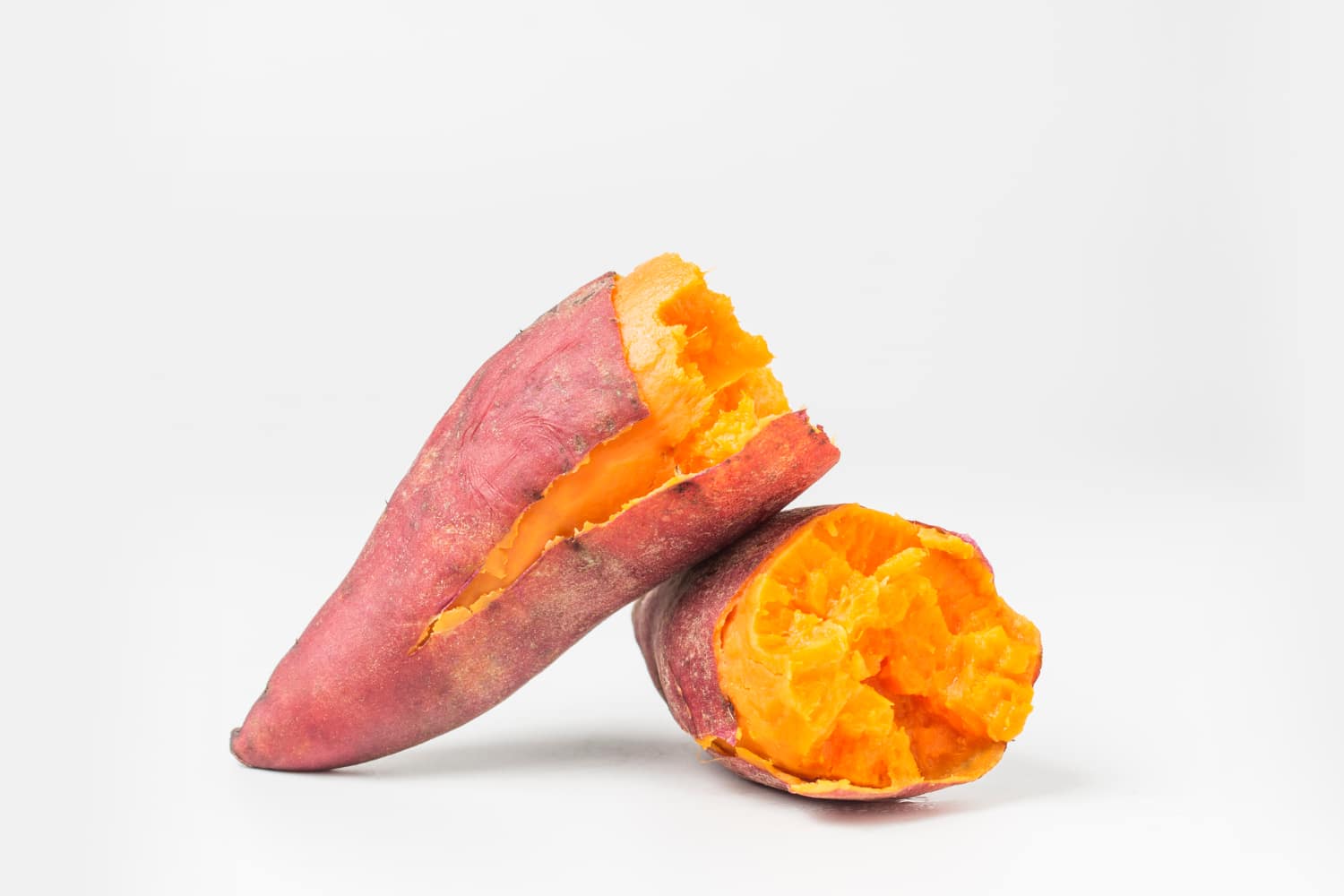Are you trying to lose weight this year? If you are, you are probably wondering how to best approach the issue of staple food. Our daily staples determine the bulk of our carbohydrate intake, and many people struggle with controlling their carbohydrate intake. There are multiple approaches to controlling sugar and carbohydrate intake.
One of the more precise methods is comparing the nutritional content of different staples and selecting the one that provides better nutrition based on your needs. In today’s discussion, we take a look at sweet potatoes and rice because these two are very common, and chances are, you are torn as to which one will help you lose more weight in the long term.
The same applies to people who want to maintain all the weight that they have already lost. Making mistakes with your daily staples, either in the type of staple you eat or in quantity, can reverse any weight loss success you may have already had.
Can I Replace Rice with Sweet Potato?
If you are a regular weight watcher and have difficulty shedding weight or keeping the weight off when you eat a lot of rice, you may consider rice replacements such as sweet potatoes. Sweet potatoes are cheap and nutritious.
This root crop can be safely used as a substitute for different meals, and there is nothing wrong with skipping the rice as long as you are sourcing the carbohydrates from other food sources.
The core of the available data shows that sweet potatoes are comparable to rice in terms of nutrition. This means you won’t be missing out on a lot when you switch from white rice to sweet potatoes if, for any reason, grains are causing you to gain weight or bloat in some instances.
Individuals on the hormonal diet may also want to look at their staples because grains are off-limits during the first two weeks of the hormonal diet. Many other regulative diets also bar the dieter from eating white rice, so it’s a good idea to familiarize yourself now with what you can eat instead of white rice.
There are three interesting facts about consuming sweet potatoes as a staple:
- Regularly eating sweet potatoes can boost your intake of dietary fiber, which is beneficial to the body in so many ways. Dietary fiber cleans the gut and prevents toxins and a portion of the day’s cholesterol intake from ever reaching your bloodstream. Therefore, it’s a good idea to eat more sweet potatoes now if you lack fiber in your diet because white rice is processed and does not contain a lot of fiber, to begin with.
- Sweet potatoes are naturally rich in several nutrients, including potassium and vitamin A. Vitamin A is a proponent of essential good health and is a critical vitamin for the development of bones, skin, and if you want to have good vision.
In terms of weight loss, we think that sweet potatoes are more helpful for cutting the initial flab so you become lighter and you can move more efficiently during exercise. In the early phases of weight loss, where food is always calling out to people, and there is a lot of water weight, the most urgent step is to reduce the caloric intake to be an immediate caloric deficit.
The caloric deficit from the diet, coupled with how much a person burns in calories during exercise and what happens to the person’s metabolism after practice, contributes to the final rate of weight loss.
In sweet potatoes, a serving of sweet potatoes provides 86 calories for everyone, one hundred grams.
Compare this to cooked white rice, which provides more energy at 130 calories per 100 grams. The difference in calories matters because the extra calories pile up over time. They may have been piling up for a long time, which would explain the weight gain in the first place.
Are Sweet Potatoes Healthier than White?
First of all, there shouldn’t be any confusion about sweet potatoes and white potatoes. They are both root crops, but these two do not belong to the same species even.
There are also considerable differences in their flavors and textures once cooked. Despite having similar names, these two food items can have vastly different effects on your health and do not have identical nutritional values.
A quick look at these two potatoes will reveal that their only fundamental similarity from a nutritional point of view is they offer almost the same level of calories per 100 grams, with 90 calories for sweet potatoes and 92 calories for white potatoes.
However, a closer examination of the individual nutrients reveals that sweet potatoes offer higher fiber, vitamin A, vitamin B6, vitamin C, potassium, calcium, and magnesium. Sweet potatoes provide over 100% of the RDA for vitamin A, while white potatoes provide less than one percent of the same RDA for the vitamin.
Sweet potatoes also have higher levels of vitamin C and vitamin B6, among other nutrients. With this quick survey, it’s easy to see which potato is the healthier choice for anyone who wants to improve their health while losing weight. The caloric load of sweet potatoes is also attractive because you are getting lower calories per serving while having more nutrients.
Is the Sugar in Sweet Potatoes Bad for You?
If you have diabetes, you are likely worried that your choice of staples contributes to advancing the disease. Sweet potatoes have a low to medium glycemic index, which places this food item within the safe range for people with diabetes.
The cooking method has an impact on the glycemic index, too. Based on available information, it appears that boiling sweet potatoes contributes the most to the increase in the glycemic index score of sweet potatoes. Boiling breaks down the starches in sweet potatoes, reducing the time needed by the body to break down the food to glucose.

